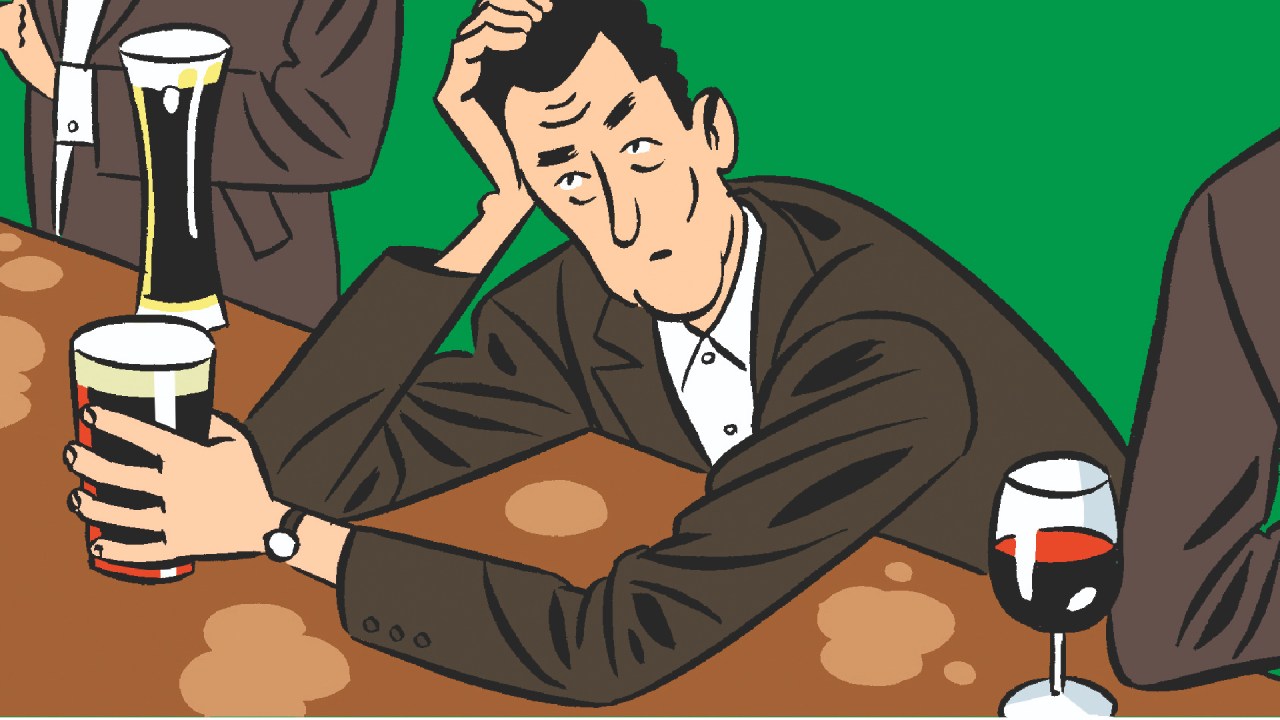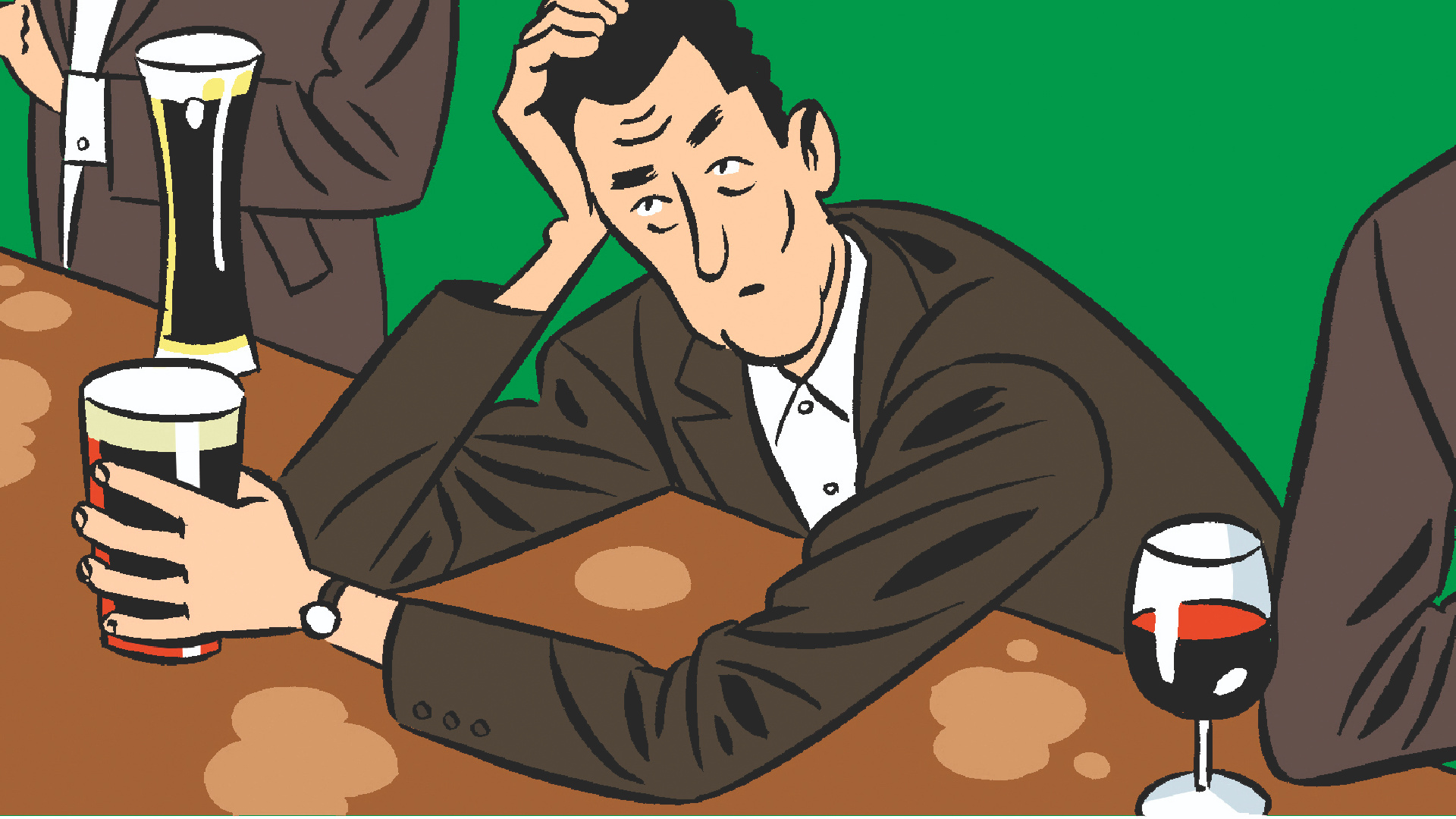Boris Johnson
When Jeffrey Bernard died in 1997, it seemed possible that we would never again have a regular Low Life columnist in The Spectator – or no one half as good. We needed someone who could match Taki for appalling frankness, for saying the unsayable; but not about the denizens of Gstaad or New York nightclubs.
Low Life meant the opposite milieu. We needed our man with the half-eaten packet of prawn cocktail flavour crisps and the monster hangover, our man in the pub lock-in, the ferret show, the debtors’ court, the A&E at 3 a.m. with the drunk guy going crackers. It had to be someone who knew how to argue with social workers.
We needed a new literary Hogarth. After a few years of struggle and several false starts we found him; or someone even better, someone with that rare ability to be both totally readable and transparently honest.
When we first approached Jeremy (we being Stuart Reid and I), he was almost overwhelmed with modesty. He venerated Bernard, he said. Were we sure that he was the right man for the job? We were, and so – with ever greater fervour – were our readers.
Jeremy understood the key ingredients of a Low Life column, at least as he produced them: one good gag, one arresting turn of phrase, one insight into modern low-life Britain and one simply hair-raising personal confession – sexual or medical or whatever – and the whole thing so carefully polished and thought through as to seem tossed off in ten minutes.
His genius was the unflinching analysis of his own weaknesses. His study was the human heart, in all its occasional ghastliness. The franker he was, the more we believed the central and unspoken point: that all things considered there is just as much joy and goodness and merriment in low life as in high life.








Comments
Join the debate for just £1 a month
Be part of the conversation with other Spectator readers by getting your first three months for £3.
UNLOCK ACCESS Just £1 a monthAlready a subscriber? Log in